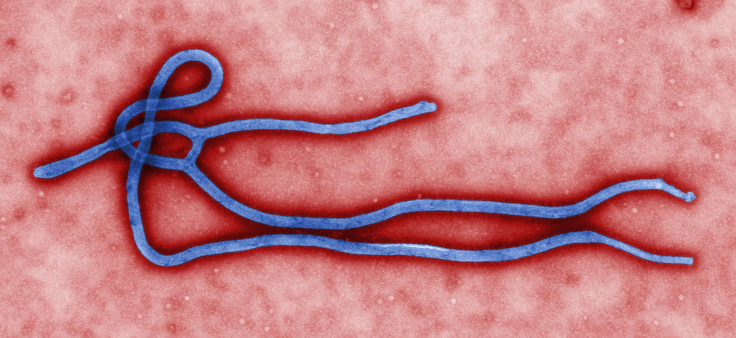Ebola Virus: What To Do If You Think You Have Ebola Or Its Symptoms

So you think you have Ebola? Join the club. A lot of people will be reporting to emergency rooms complaining that they think they've caught the deadly virus come flu season, health experts say. The U.S. Centers for Disease Control and Prevention estimated earlier this month that it was getting 800 calls about Ebola per day. If you have reason to believe that you do have Ebola, here's what you should do to protect yourself and others.
First, don't panic. If you have contracted Ebola, you want to be sure to take all possible precautions to keep your family and the greater populace from catching it. And you want to get the best care you can. So don't drive straight to the emergency room or call an ambulance.
"We don't deny that there should be concern, but we emphasize being prepared and very calm," Dr. Sorana Segal-Maurer, New York Hospital Queens' hospital director of infectious diseases, told the New York Daily News. "Most important ... is being calm, not rushing to the emergency rooms and overwhelming them ... Fever, muscle aches, nausea, vomiting, diarrhea can be nonspecific symptoms."
Once you've calmed your nerves enough to pick up the phone, the first and most important thing you can do is contact your doctor. If you're certain that you've actually been exposed to Ebola, go ahead and also contact your local health department and the CDC to give yourself the best chance of surviving the virus.
Next, take your temperature and do a self-inventory. Exposure to Ebola means that you have touched an infected patient showing symptoms, or that you have touched the diarrhea, blood, vomit or other bodily fluids of a person who has the disease. The virus has a mortality rate as high as 70 percent in the current outbreak, according to some recent estimates.
If you've been to West Africa lately or you have been exposed to an Ebola patient, you should immediately alert your physician, even if you're showing no symptoms. You should take your temperature multiple times a day to ensure it doesn't rise above 100.4°F/38.0°C. If that happens, or if you experience headache, muscle pain, diarrhea, vomiting, stomach pain, or unexplained bruising or bleeding, the CDC urges you via its website to contact your doctor immediately with that information.
"Tell your doctor about your recent travel and your symptoms before you go to the office or emergency room," the CDC website advises. "Advance notice will help your doctor care for you and protect other people who may be in the office."
If you haven't been to West Africa and you have not been exposed to Ebola, you almost definitely will not catch the virus. The CDC recommends everyone get a flu shot and take other normal precautions like handwashing and covering their mouths when coughing or sneezing to help stop it from spreading. And if you do have symptoms like fever, headache, aches, diarrhea or vomiting, you should still seek medical attention as usual.
© Copyright IBTimes 2024. All rights reserved.





















